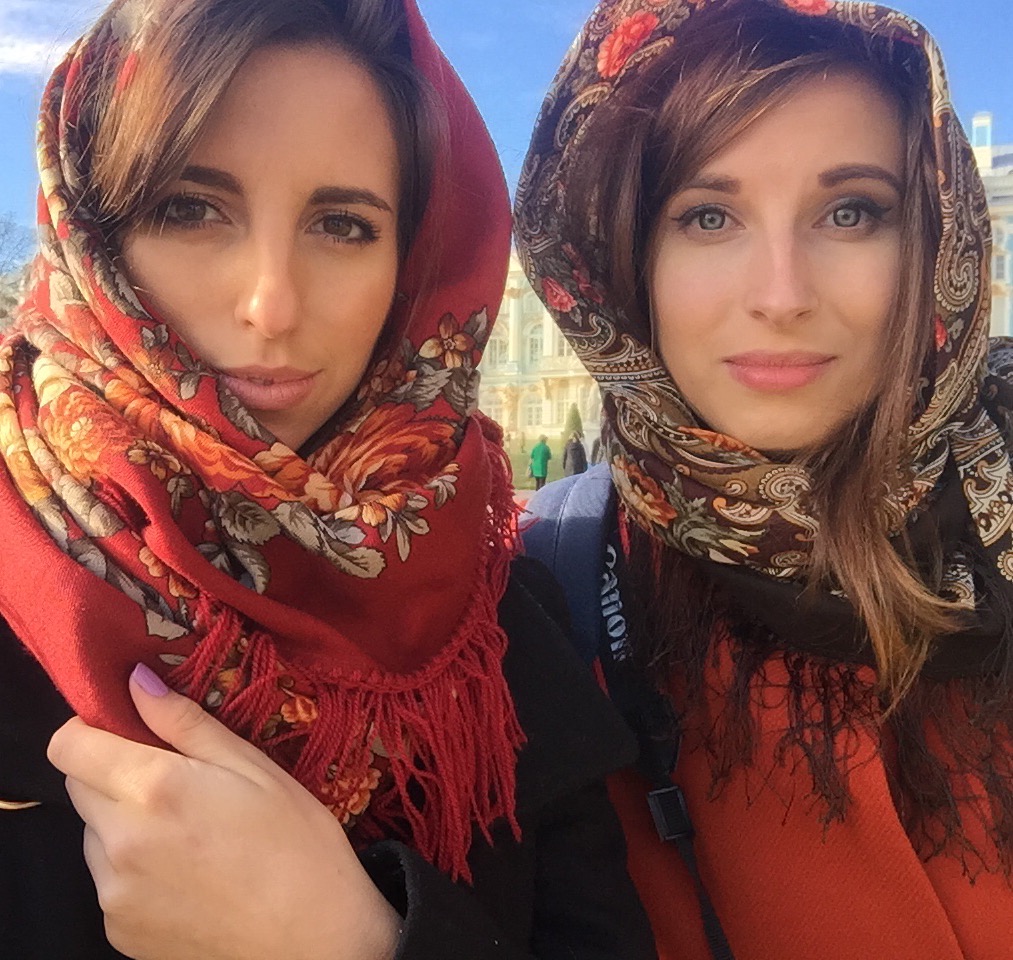I used to aim to gain everyone’s friendship by focusing on people-pleasing in order to be liked by all with whom I interacted with. Please don’t let my use of the past tense mislead you into thinking that I stopped this empty act a long time ago. College and particularly my experience in Russia are truly helping me understand the type of people that gain my respect and admiration, and subsequently the people that later become my inspiration. I have learned that when you let people see the raw you, deep and powerful connections can occur, which can further change your demeanor for the better.
As a child and a young adult, I have been in many situations where I have felt left out or simply like I did not fit in. Whether it was the outcome of a language barrier or not being able to afford the clothes that were in style, I frequently have felt like an outsider. I would later develop the opinion that being uncommon is quite interesting in a society that is obsessed with social media “likes” and “comments” of positive affirmation. Again, please don’t be fooled, I too enjoy the notifications and virtual positivity that appear on my Facebook and Instagram. I just want to highlight that how we portray ourselves in these mediums should truly be how we identify ourselves.
Whenever I exercise my freedom of posting photos, I am reminded that people on the opposite end scrolling on their phones will start to create their own identity of me in their minds based on what they see. That is why I only post whatever I truly identify with and am aware of the possible interpretations that others may have. We can’t fully control other people’s understanding of us, but we can prevent our online identity from transcending our real identity. That is, we can continue posting photos of our food and friends, but at one point, this medium can make our names into their own artificial brand. As long as you prove that you are more than what your online identity says you are, then I am not worried about the effects of social media.
What is even greater than a “like” on a photo is a real life friendship. Friends in real life offer their love and cherish us for who we are. In Russia, I have allowed myself to fall with grace into the generous and welcoming arms of those that I have learned to call my friends. I didn’t just take a wrong turn and become close with strangers… Well I kind of did, but there was more effort than that.

Here is a representation of the merging of my virtual identity with my true identity, a photo of my dear friend Katya and I.
While attending a ballet at the Mikhailovsky Theater (an event that left me stunned by its beauty) I noticed a fashionable girl next to me dressed in a deep red skirt that easily could have been worn to a red carpet event. I didn’t realize that offering my compliment would lead to the blossoming of a new friendship in Russia. Katya has made St. Petersburg a home for me.
Katya volunteers at my institute, St. Petersburg State University, where she communicates with Americans in Russian, organizes excursions for us, and more than that offers her genuine kindness and help.
Although it was a random compliment that got us talking, it was later the mutual sharing of our insecurities, our social anxieties, and our inner struggles that would bring us so close. Perhaps we could agree that it isn’t the perfection or whatever we advertise on Instagram or Facebook that draws us to one another. Instead it is our common interests, struggles, and ultimately the energy that we exude.



